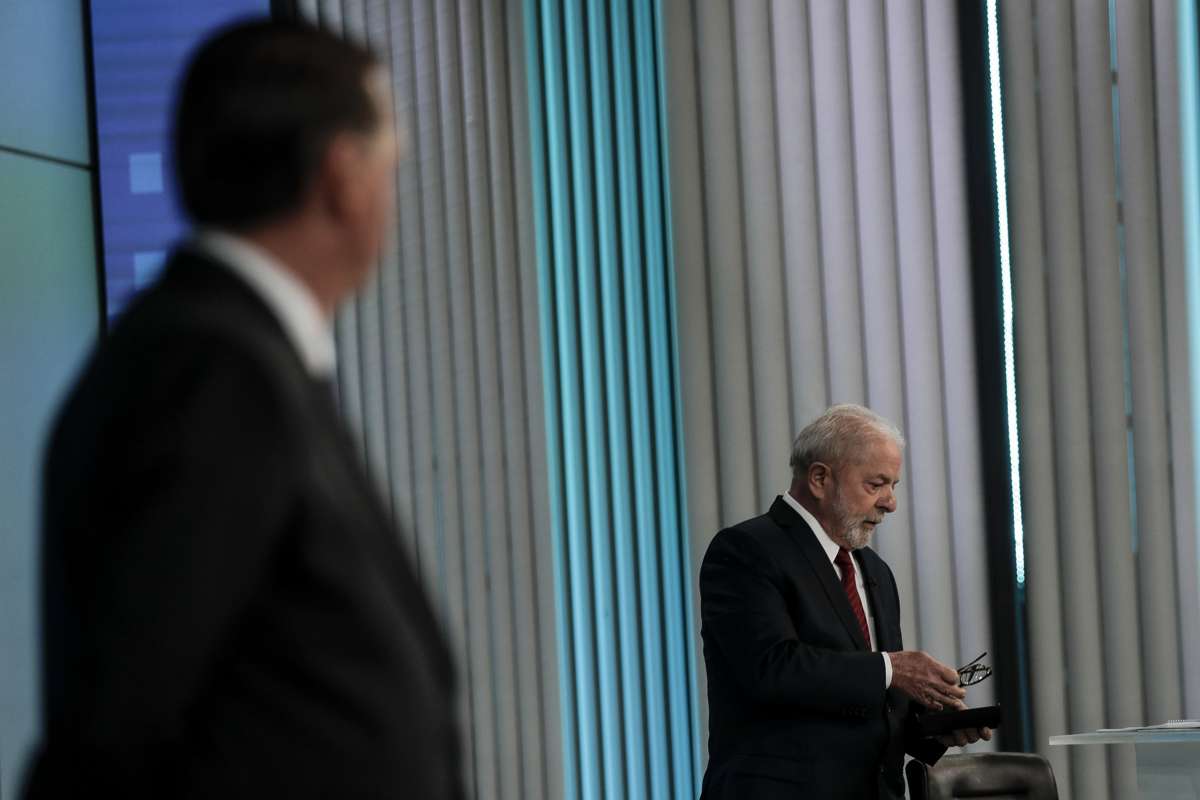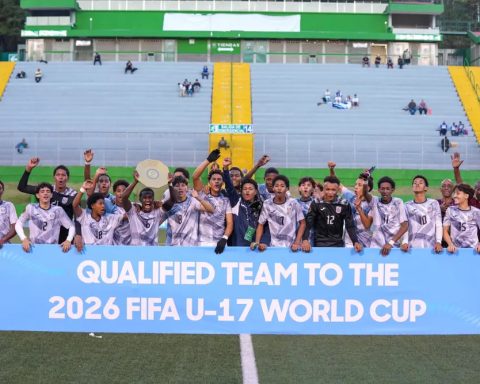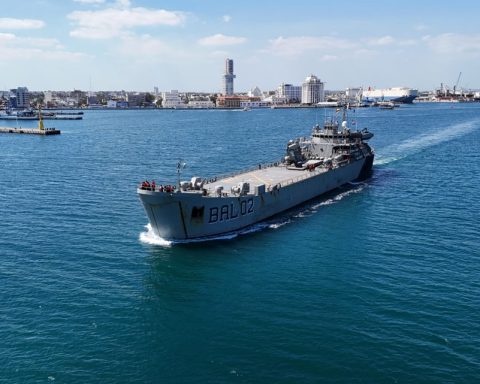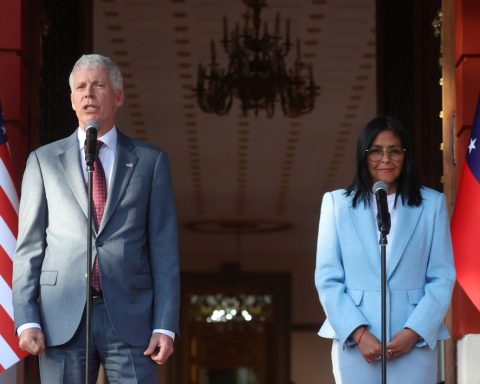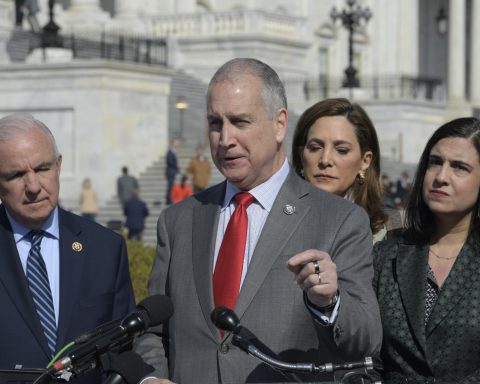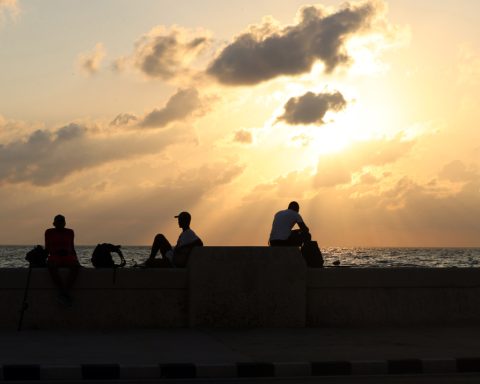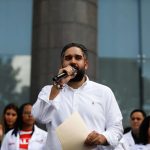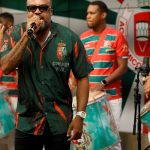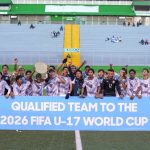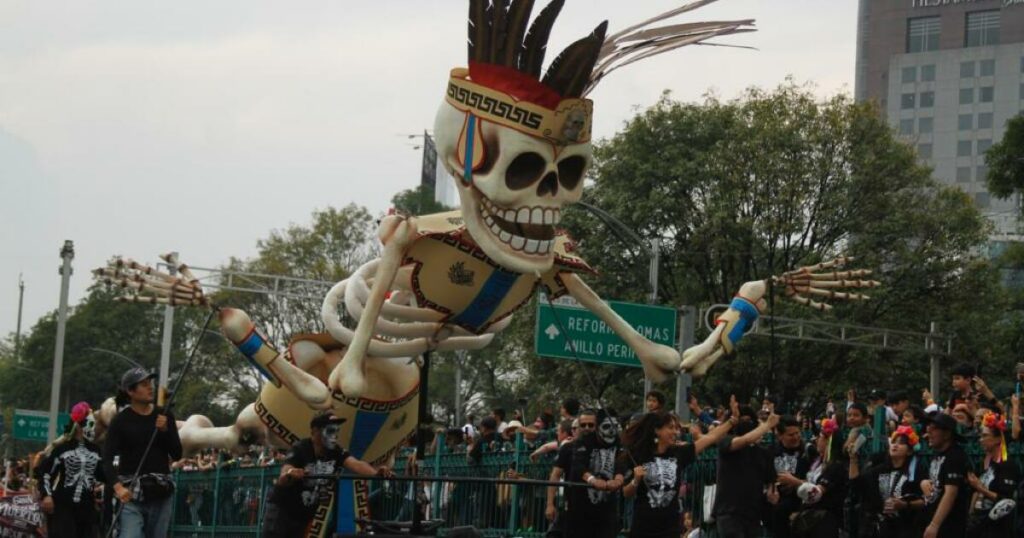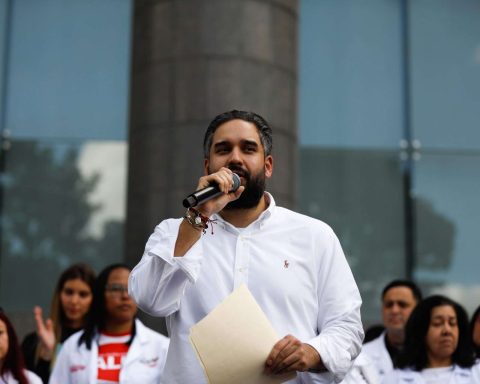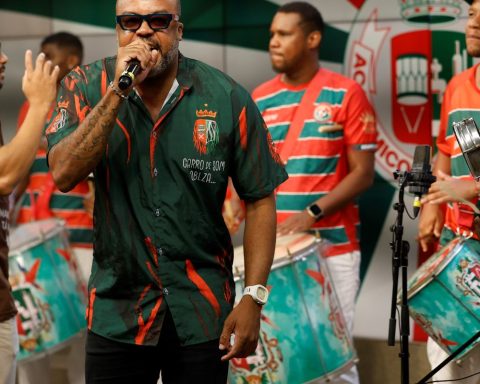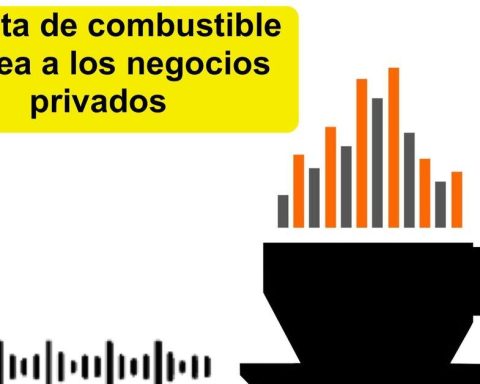The former Brazilian president, Luiz Inácio Lula da Silva, took advantage this Friday of the last debate between candidates before the presidential elections on Sunday to accuse the current president, Jair Bolsonaro, of having adopted a foreign policy that isolated Brazil from the whole world.
“Brazil was a great international protagonist during my administration and in his government he became a pariah. Nobody wants to talk with Brazil and no country wants to receive Bolsonaro,” said the progressive leader, favorite for the presidential elections on Sunday.
According to the leader of the Workers’ Party (PT), by adopting a policy in which he refuses to dialogue with countries that do not agree with his far-right ideology, Bolsonaro left Brazil “more isolated than Cuba.”
“We are more isolated than Cuba. No country wants to receive it. No president of any country wants to come here,” said the opposition candidate, recalling the disputes that the Brazilian head of state has had with various world leaders, mainly Europeans, over his questionable environmental and climate policies.
The progressive leader assured that the foreign policy of his Government had great world recognition to the point that Brazil became one of the creators of the Brics forum (which brings together Brazil, Russia, India, China and South Africa) and of the community of Latin American countries .
Lula said that, as a candidate and without representing Brazil, he had been received in recent months by the German chancellor, the French prime minister and the Spanish prime minister.
“Instead, Bolsonaro was only received by the king of Saudi Arabia, who he believes is democratic,” he added.
In a debate that in its first minutes both accused each other of being liars repeatedly, Bolsonaro responded that his foreign policy allows Brazil to currently have relations with 190 countries and a trade balance with record values.
“We are advancing in the free trade agreement with the European Union. The Arab world welcomes us with open arms. I recently spoke with President (of the United States, Joe) Biden. We are very well in the world. Outside the country they are supporting my election,” said the president.
According to Bolsonaro, Lula’s foreign policy was limited to offering money to countries governed by presidents with ideological affinity, such as Cuba, Venezuela and Argentina.
The far-right leader recalled the millionaire loans offered by the Brazilian development bank for the construction of the Caracas subway and a port in Havana that have not been paid up to now.
“The contract with Cuba says that the guarantee for that loan was Cuban tobacco. It’s a shame,” he said.
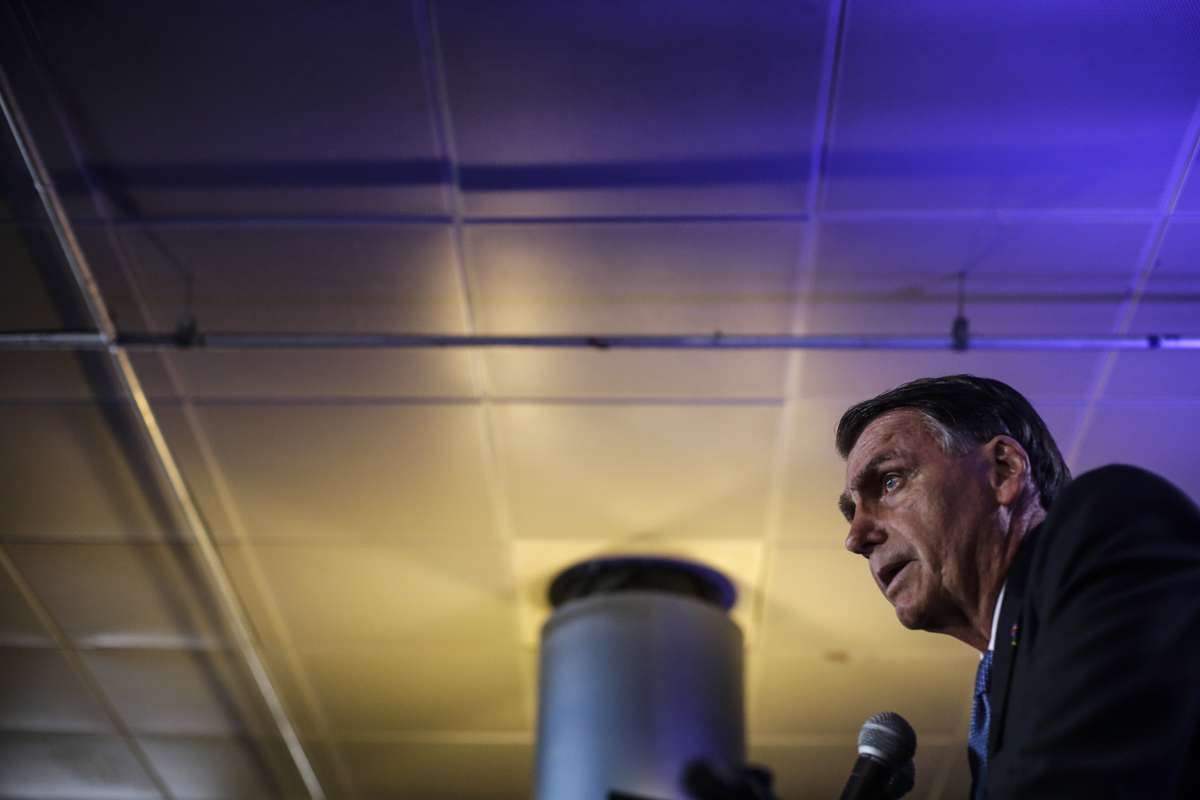
The progressive leader won the first round of the presidential elections with 48.4% of the vote, compared to 43.2% for the far-right, and the polls indicate him as the favorite in the ballot, with 49% of the intention to vote against 44% of Bolsonaro.
The second round of the Brazilian presidential elections will take place this Sunday, October 30, a few hours after former councilman Reginaldo Camilo dos Santos (51 years old), known as “Zezinho del PT” and one of the main leaders of the party, was shot dead. of Lula da Silva in the municipality of Jandira.
According to the police report, “Zezinho” was shot by an unknown person from a vehicle that approached him when he was close to his residence. So far no suspects have been identified nor are the motives for the crime known, but the authorities assume that it is retaliation for the allegations of acts of corruption that the politician had been carrying out in Jandira, a municipality in the metropolitan region of Sao Paulo.
Reginaldo Camilo dos Santos was nominated by the PT as a candidate for federal deputy for the state of Sao Paulo in the legislative elections of last October 2, in which he obtained 8,858 votes and was not elected.
The leader was a councilor for the municipality of Jandira in 2004, 2008 and 2016. He also stood in the elections in 2020, when he was nominated for Mayor of that city in the elections of that year, in which he came in third place, with the 10% of the votes.
His murder comes just hours before the most polarized elections in recent times in Brazil, a deeply divided country, with the presence of radicalized sectors that have caused violent incidents and deaths of PT members and militants.
